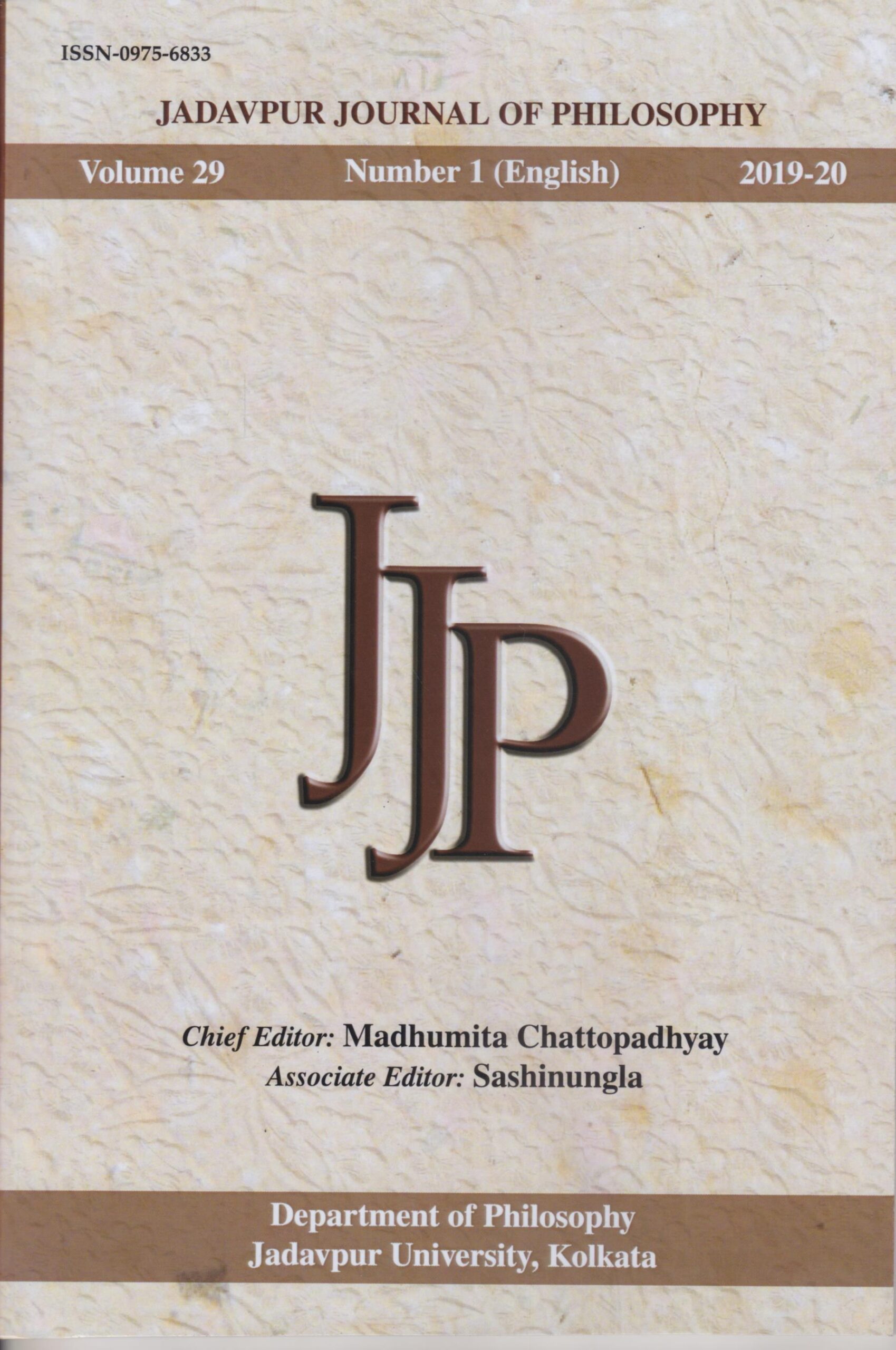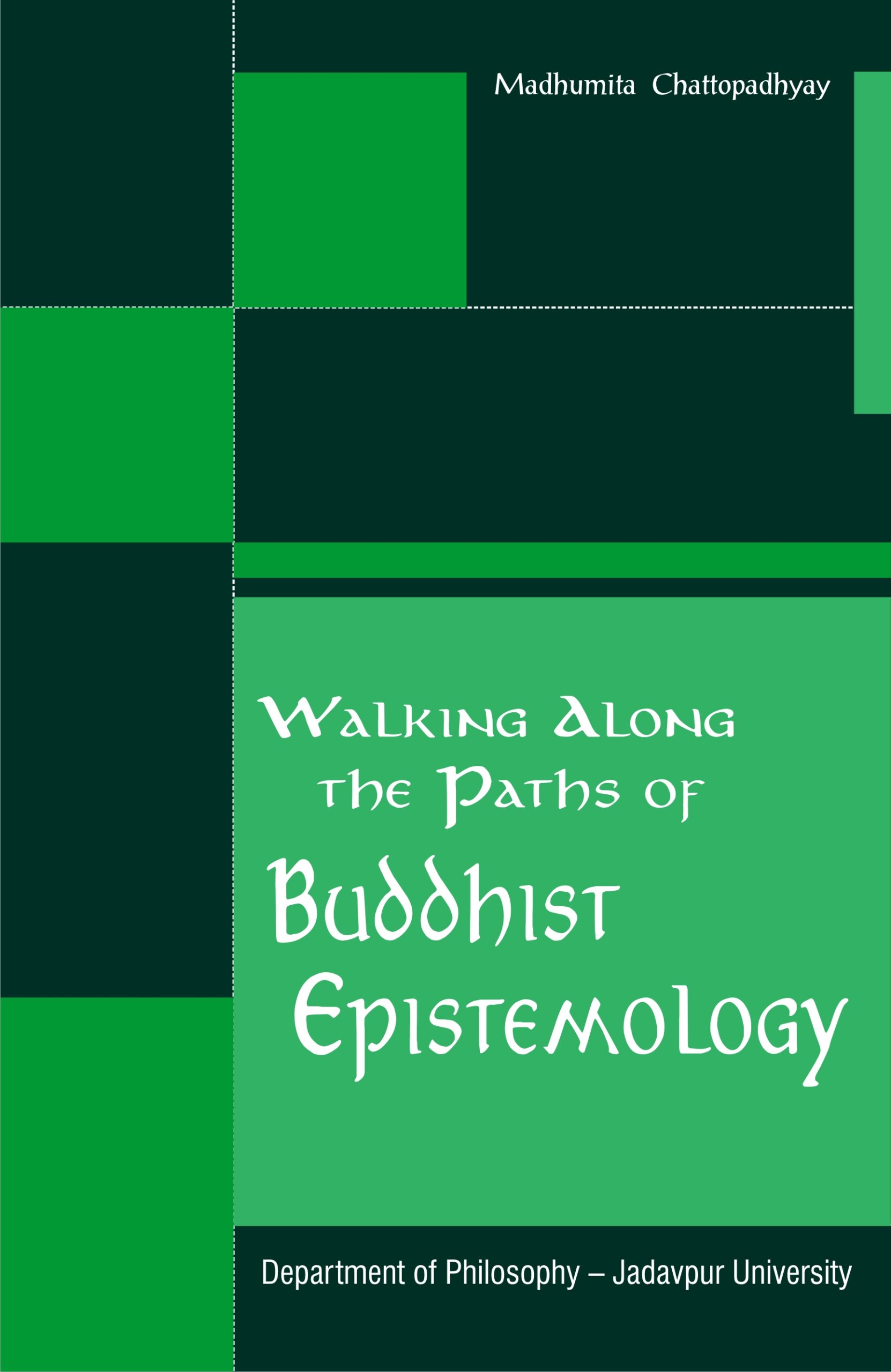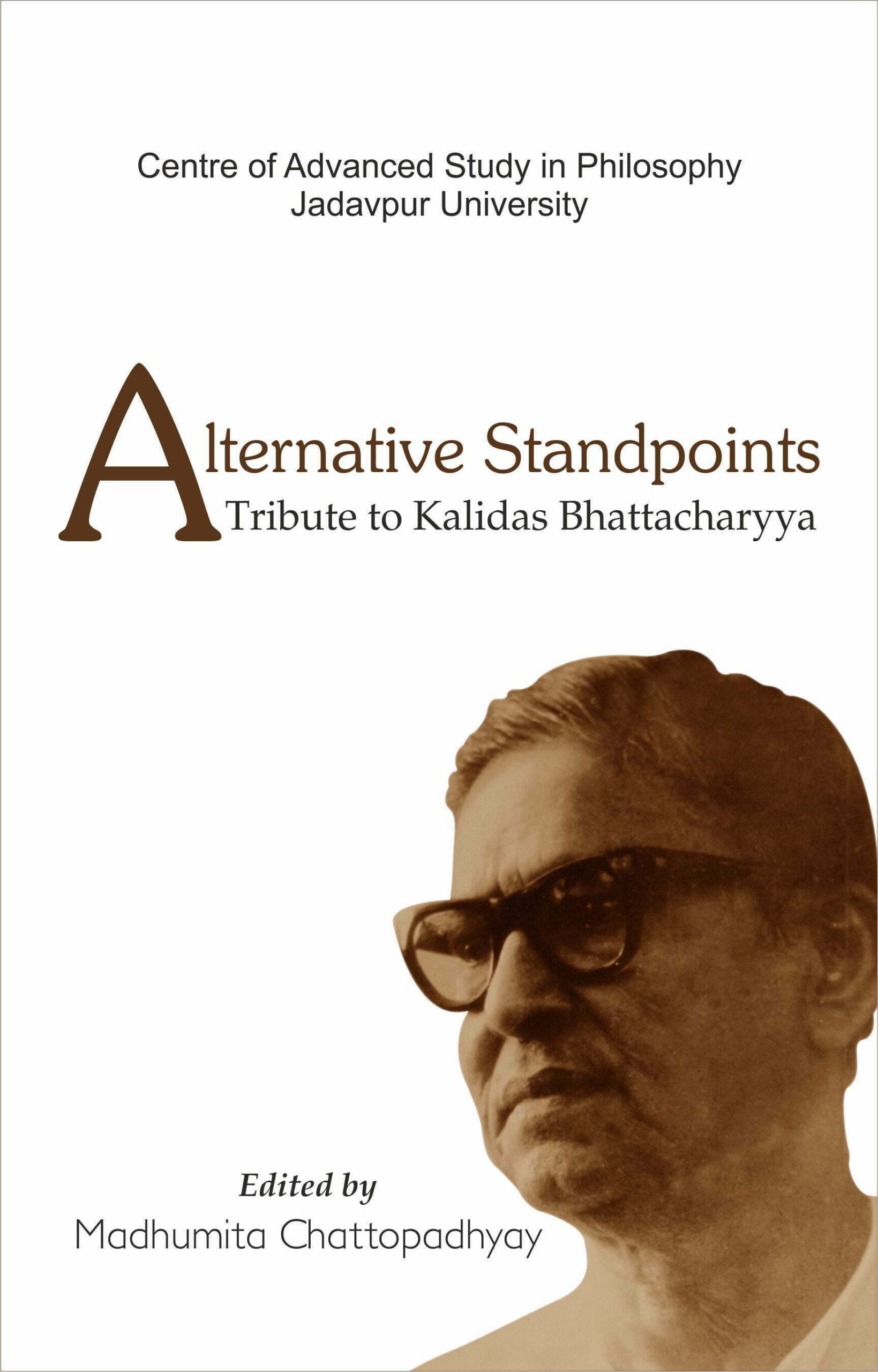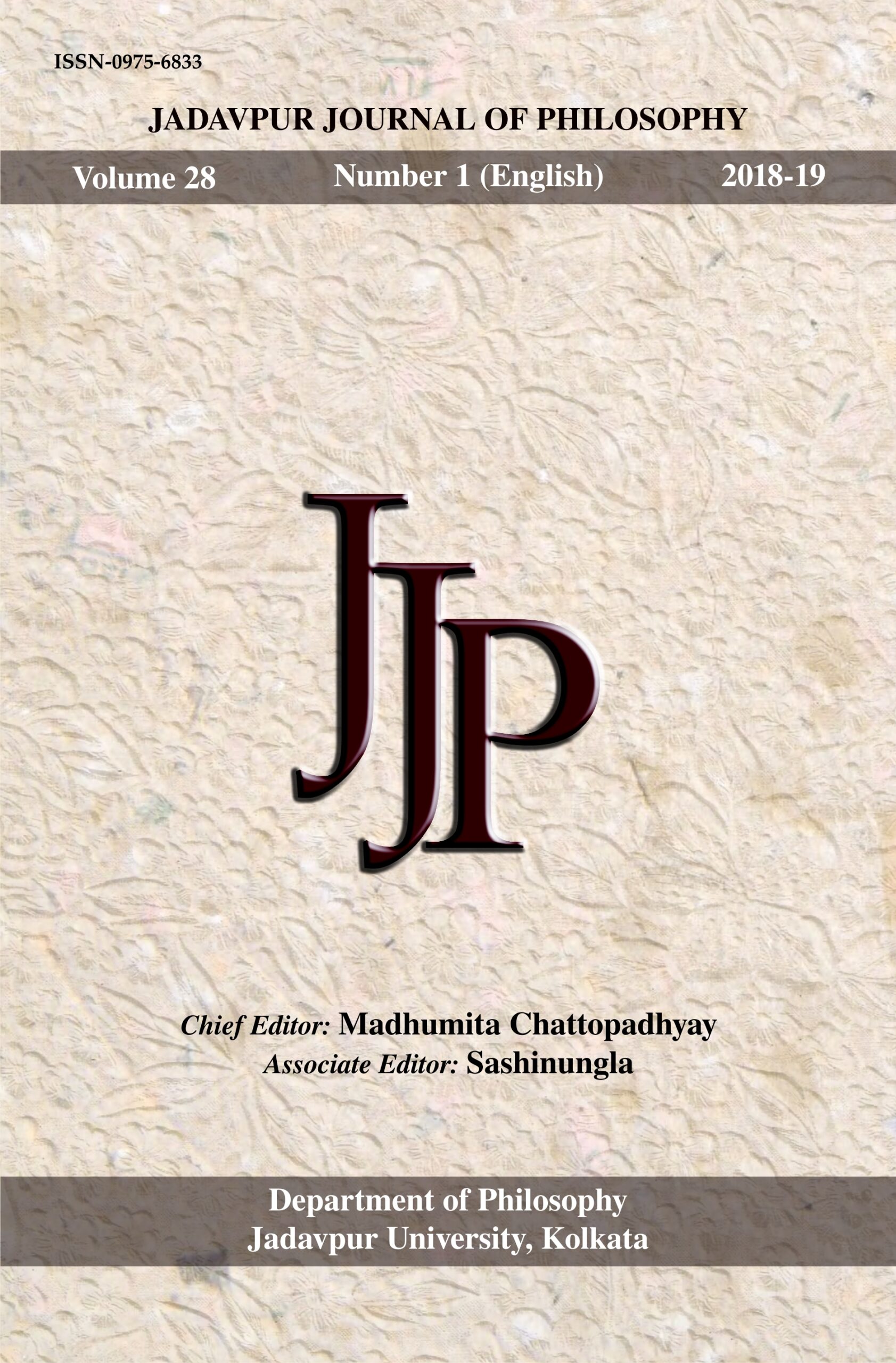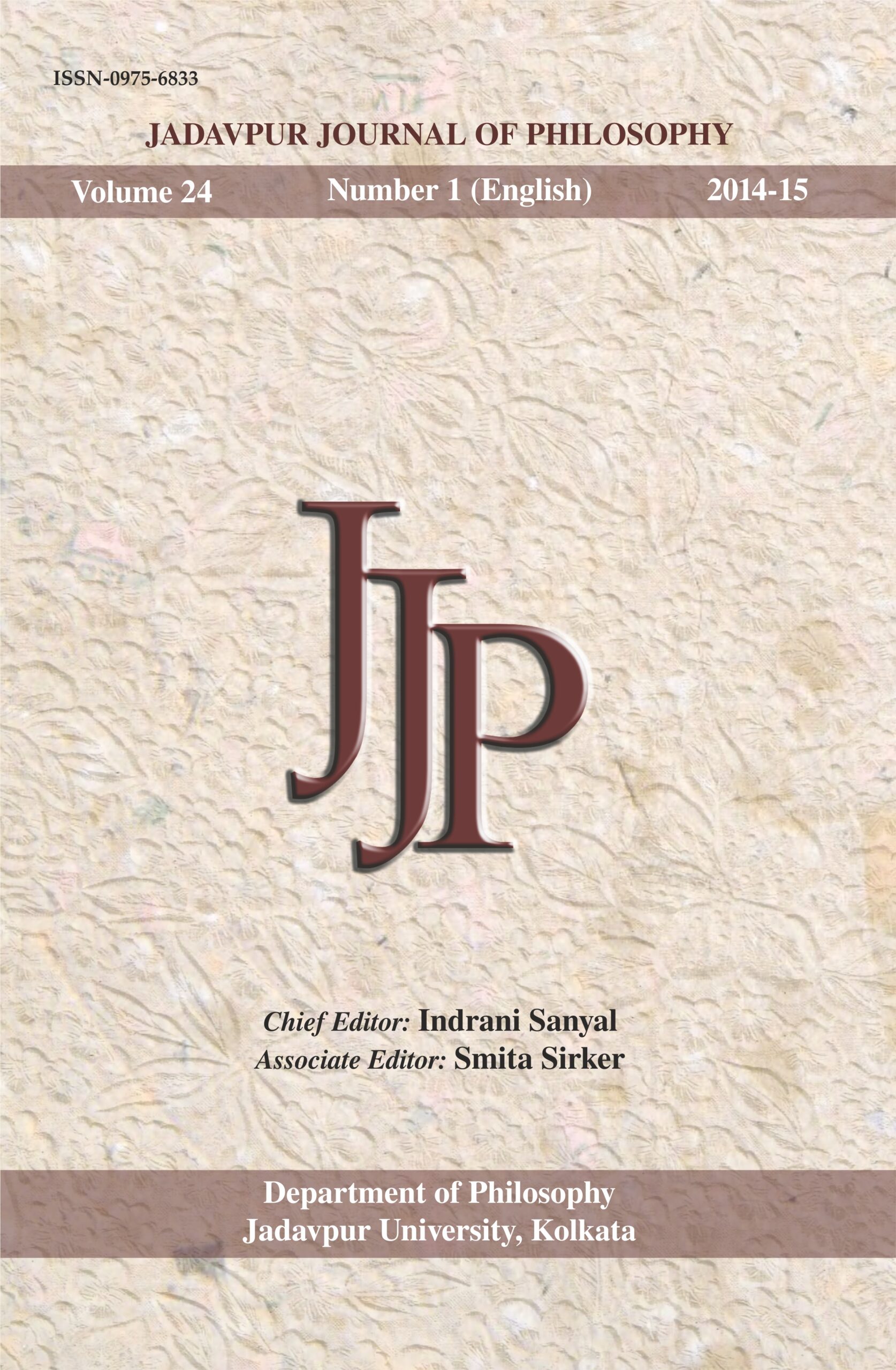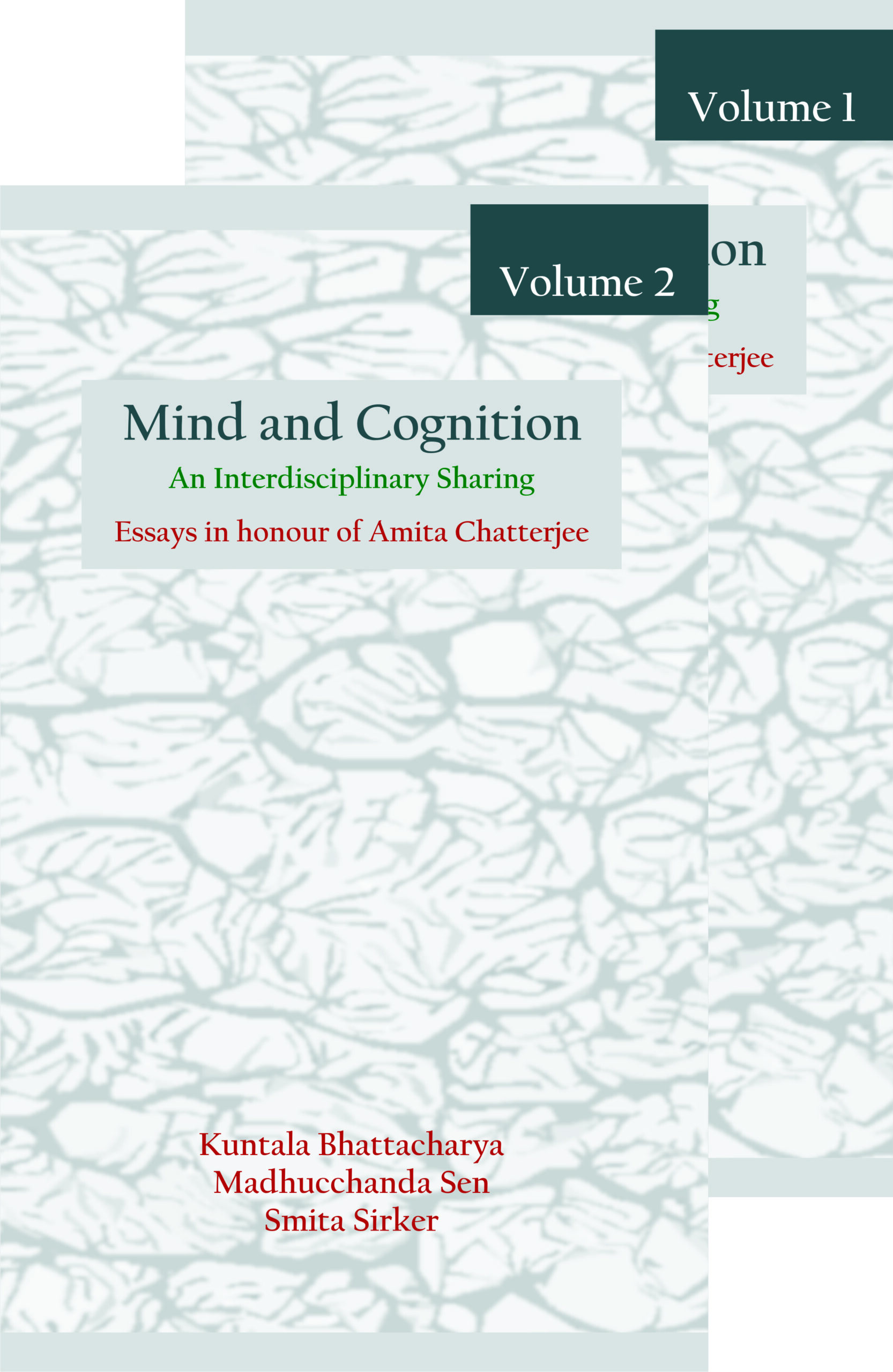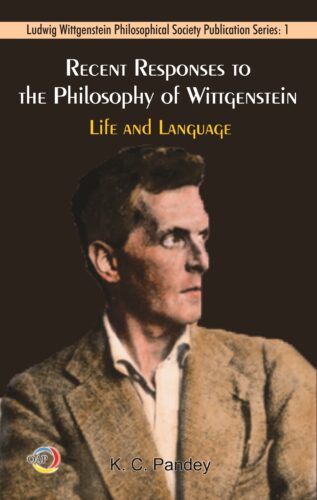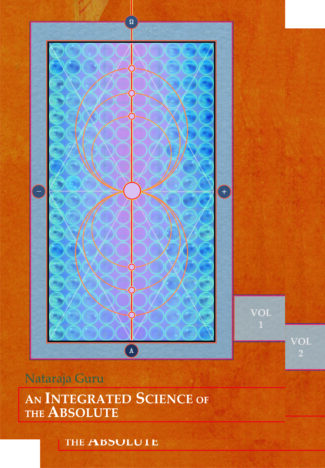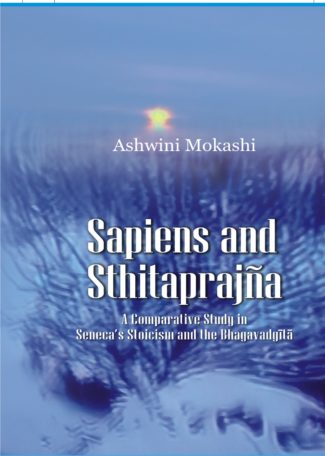
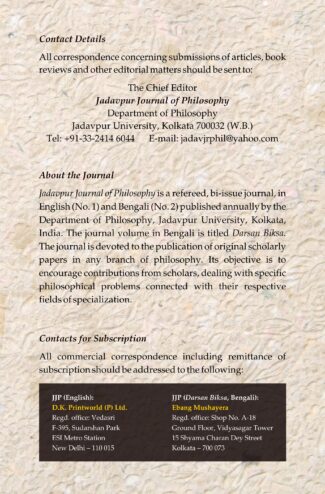
Jadavpur Journal of ...
Jadavpur Journal of Philosophy Vol. 25 (no. 1)
by: Madhumita Chattopadhyay , Smita Sirker , SashinunglaJadavpur Journal of Philosophy is a refereed, bi-issue journal, in English (No. 1) and Bengali (No. 2) published annually by the Department of Philosophy, Jadavpur University, Kolkata, India. The journal volume in Bengali is titled Darsan Biksa. The journal is devoted to the publication of original scholarly papers in any branch of philosophy. Its objective is to encourage contributions from scholars, dealing with specific philosophical problems connected with their respective fields of specialization.
Original price was: ₹300.00.₹270.00Current price is: ₹270.00.
ISBN: 9788100000523
Year Of Publication: 2016
Edition: 1st Edition
Pages : 151p.
Language : English
Binding : Paperback
Publisher: Jadavpur University
Size: 23
Weight: 250
Jadavpur Journal of Philosophy is a refereed, bi-issue journal, in English (No. 1) and Bengali (No. 2) published annually by the Department of Philosophy, Jadavpur University, Kolkata, India. The journal volume in Bengali is titled Darsan Biksa. The journal is devoted to the publication of original scholarly papers in any branch of philosophy. Its objective is to encourage contributions from scholars, dealing with specific philosophical problems connected with their respective fields of specialization.
Vidyaranyas Representation of Objection against the Thesis of Adhyasa
Sukharanjan Saha
Nagarjunas Polemic against PramanaPrameya Dichotomy
Dipayan Pattanayak
Why Is Science Empirically Successful? A Response from Kuhns Metaphysics
Sreekumar Jayadevan
Placing U.T. Places Scientific Hypothesis: Sixty Years On
Rajib Ray and Ranjan K. Panda
Marital Ethics: Revisting Russell
Gargi Goswami
Exploring the Concept of Non-Violence As a Moral Virtue in Buddhism
Khangembam Romesh
Swamijis Notion of Love from an Ethical Perspective
Mili Dutta (Pal)
Book Reviews
List of Contributors


